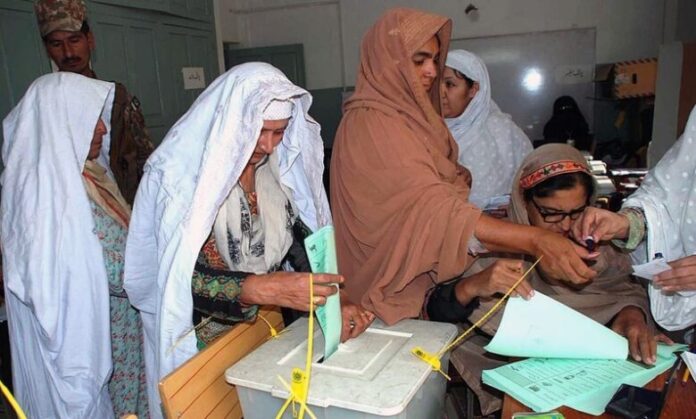
In contemporary discussions, the twin concepts of modernization and gender equality take center stage. Women have demonstrated remarkable achievements across various domains, proving their parity with men in abilities and contributions.
Despite these strides, instances persist where women face unjust underestimation in terms of intelligence and decision-making abilities. While women have proven their capability to earn and support their families, the disheartening truth is that they are still deprived of fundamental rights.
Depriving women of their basic right to vote is a blatant injustice that demands attention. Various factors contribute to this deprivation, with limited access to polling stations in rural areas being a prominent challenge.
Cultural barriers and societal norms often restrict women from freely exercising their voting rights, resulting in undervalued or disregarded votes. Instances of voter intimidation and harassment further suppress women’s participation in the electoral process, emphasizing the need for awareness, advocacy, and reforms to ensure equal voting rights for all women in Pakistan.
Let’s delve into the story of Faiza Khan, a resilient woman from a Patan family in a small village near the Motorway. As a widow raising five children, Faiza works as a maid in different households, showcasing her determination and strength in overcoming life’s challenges.
Also Read: Decoding Voter Apathy: An Insightful Discourse on Elections and Democracy
During a formal election, Faiza was unjustly prevented from voting by men in her area who failed to recognize the importance of female votes. This denial of a fundamental right was disheartening and reflected broader societal issues.
Women are often barred from voting due to reasons like being seen as symbols of respect, security concerns, or the misguided belief that they can’t use their votes wisely. Such discrimination and inequality are unjust. Every individual, regardless of gender, social status, or caste, should have the opportunity to participate in the democratic process. Advocacy for gender equality is crucial to creating a society where all individuals can freely exercise their rights.
Faiza Khan’s experience was undoubtedly saddening and frustrating, highlighting the persistence of discriminatory views that hinder women. Despite their significant contributions, women’s votes are undervalued in Pakistan. Raising awareness and advocating for equal rights are essential to challenge these outdated beliefs and create an inclusive and equal society where women’s voices are valued, and their right to vote is respected.
Millions of women, like Faiza Khan, hope for improvement in the upcoming elections. Collective efforts and increased awareness can bring about the necessary change to ensure that every voice, especially women’s, is heard and valued in the democratic process. Challenging outdated beliefs is crucial for creating a more inclusive society where women’s voices and voting rights are respected.







